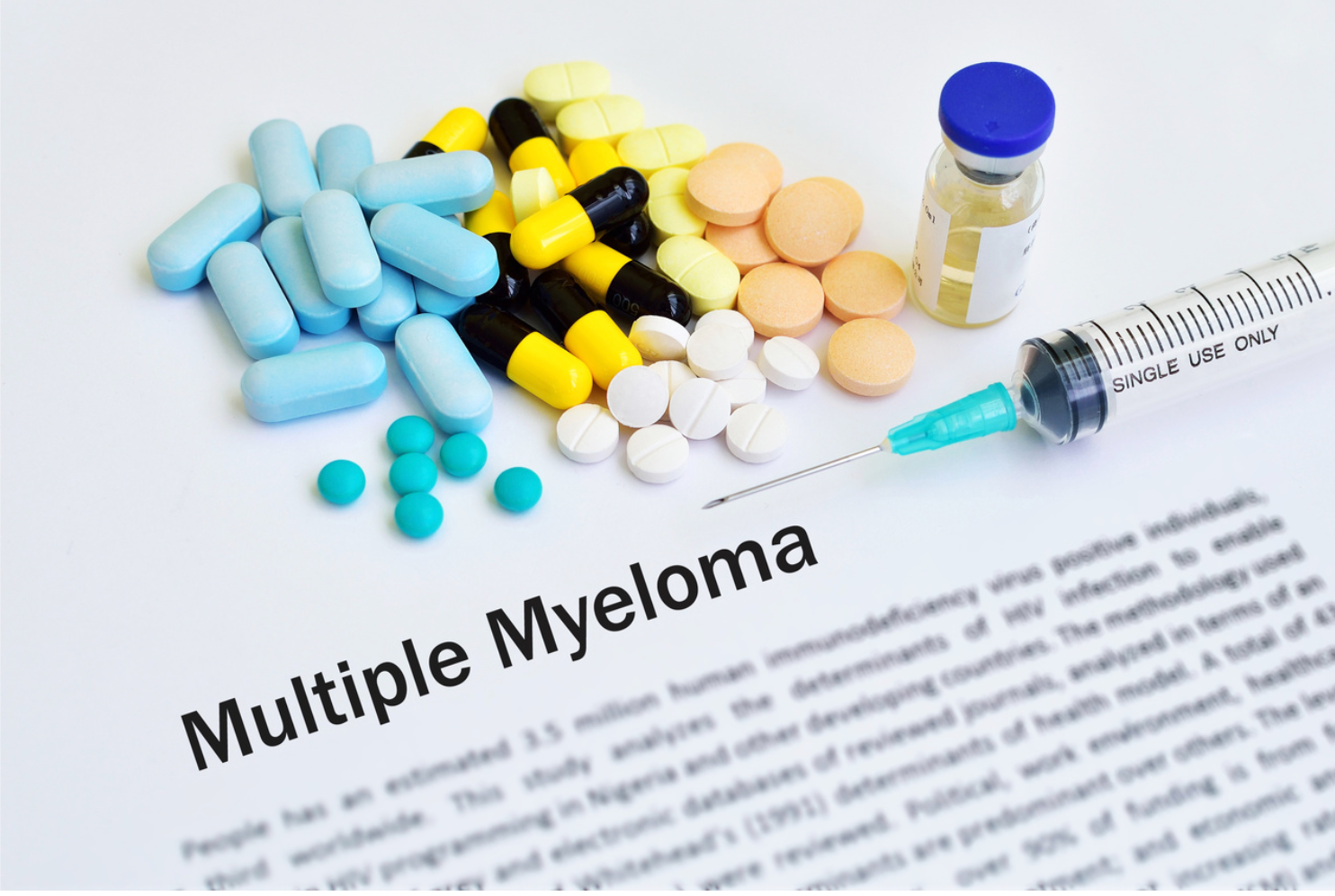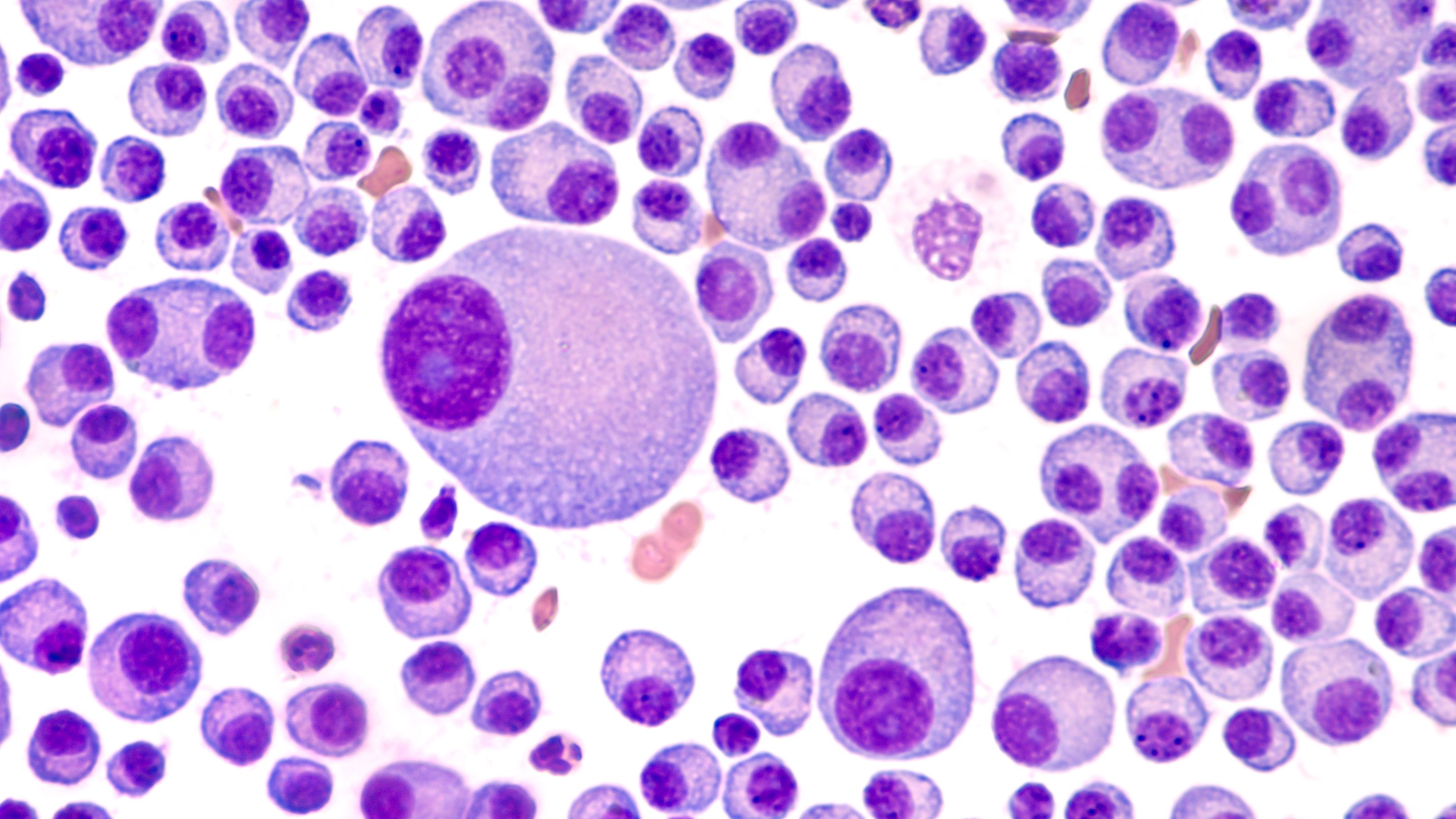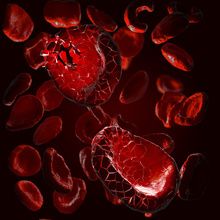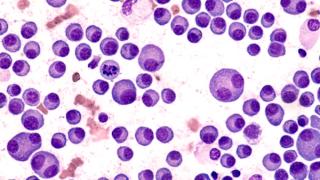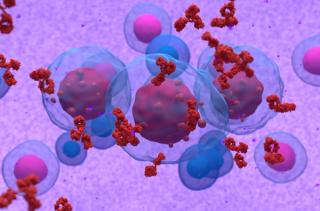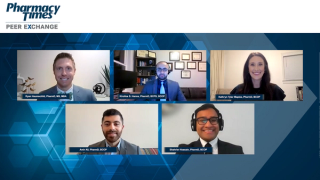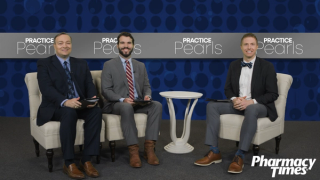
Multiple Myeloma
Latest News
Latest Videos

CME Content
More News
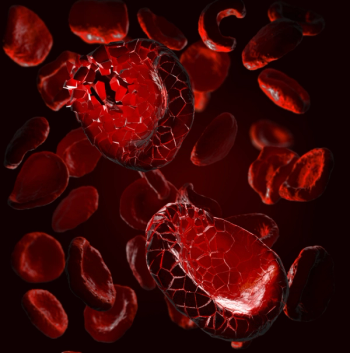
Omidubicel is a stem cell-based product that utilizes nicotinamide to inhibit differentiation and to increase the migration, bone marrow homing, and engraftment efficiency of hematopoietic progenitor cells.
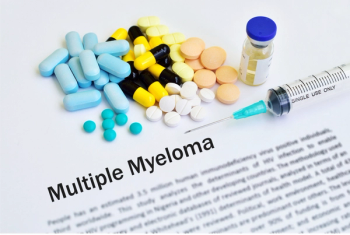
Researchers identified a new immunotherapeutic target that may be effectively treated with CAR T-cell therapy in patients with pretreated multiple myeloma.

Two Houston Methodist cancer researchers were granted a quarter-million dollars each to study some of the most lethal forms cancer, including triple-negative breast cancer and multiple myeloma.
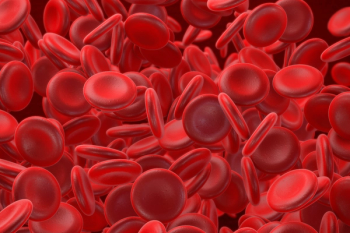
Belantamab Mafodotin Combination Shows Durable Efficacy in Relapsed or Refractory Multiple Myeloma
Belantamab mafodotin plus lenalidomide and dexamethasone was found tolerable with no new safety signals and enhanced response rates in patients with multiple myeloma.
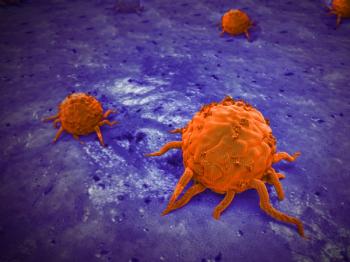
Two Houston Methodist cancer researchers were granted a quarter of a million dollars each to study some of the most lethal cancers.

Eflapegrastism-xnst injection (Rolvedon, Spectrum Pharmaceuticals) is indicated to lower the incidence of infection, as demonstrated by febrile neutropenia, in adult patients with non-myeloid malignancies.
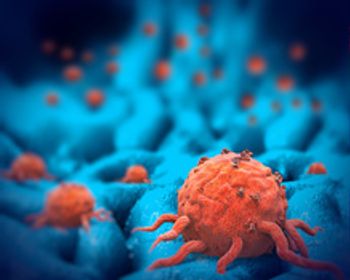
Study suggests that myeloma patient survival after BCMA-targeted T-cell therapy could be determined by microenvironment factors.
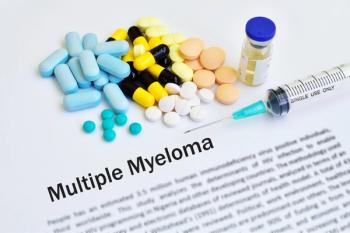
A high proportion of myeloid cells may contribute to recurrence in those with long progression-free survival by promoting cancer growth and/or suppressing antitumor immunity.
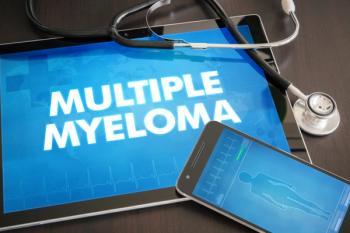
Final analysis of phase 2 GRIFFIN study from the Johnson & Johnson subsidiary shows the combination demonstrates stringent complete response rate for transplant-eligible patients.
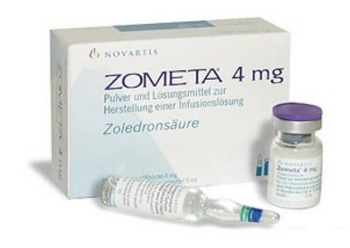
Zoledronic acid (Zometa) is indicated for the treatment of hypercalcemia that may occur with cancer.
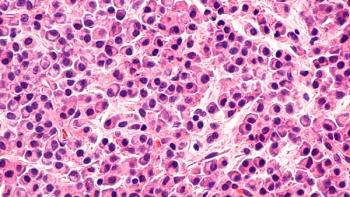
Topline results from the KarMMa-3 trial show that idecabtagene vicleucel significantly improves progression-free survival vs standard regimens.

From the first approved CAR T therapy for multiple myeloma, to the recently-approved ciltacabtagene autoleucel, significant steps have been taken.

New study results show longer follow-up from phase ½ MajesTEC-1 study evaluating BCMAxCD3 bispecific antibody, including progression-free survival and subgroup analyses.

The use of the treatment results in promising a response rate in patients with heavily pretreated RRMM, according to a presentation at the 2022 ASCO Annual Meeting.

With several recent approvals, new CAR T therapies are having significant impacts in multiple myeloma treatment.

Sara Wettergreen, assistant professor in the department of Clinical Pharmacy, and Department of Family Medicine, at Skaggs School of Pharmacy and Pharmaceutical Sciences, on burnout and mental health concerns among pharmacy technicians

Latest results of the phase 3 IKEMA trial demonstrate the longest median progression-free survival on a proteasome inhibitor backbone in this population, Sanofi says.
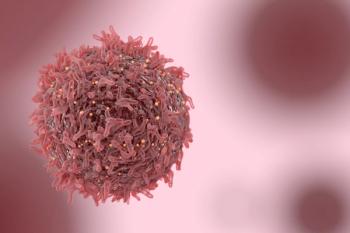
STRIDE regimen of a single priming dose added to Imfinzi is the first dual immune checkpoint blockage regimen to improve overall survival in a phase 3 trial in this setting.
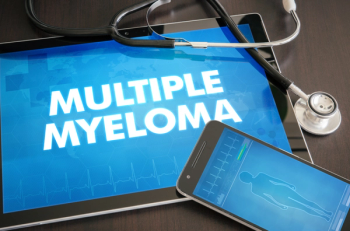
Majority of heavily pretreated patients with multiple myeloma administered ciltacabtagene autoleucel (cilta-cel; Carvykti) achieved deep responses after 18-months follow-up.

A variety of drugs from several medication classes are under investigation.
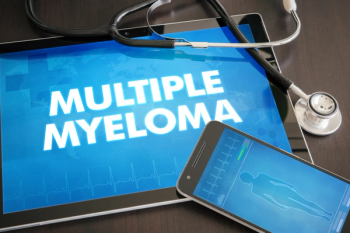
Ixazomib (Ninlaro, Takeda) has been found to improve survival in patients with multiple myeloma who have not undergone autologous stem cell transplant.

The submission is supported by data from MajesTEC-1, a multicenter clinical trial evaluating the safety and efficacy of teclistamab in adults with RRMM.
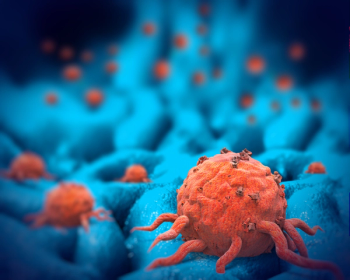
Luciano Costa, MD, PhD, of the University of Alabama at Birmingham, discusses the next steps for clinical research assessing daratumumab, carfilzomib, lenalidomide, and dexamethasone in patients with newly diagnosed multiple myeloma.

Luciano Costa, MD, PhD, of the University of Alabama at Birmingham, discusses how the results of the trial assessing daratumumab, carfilzomib, lenalidomide, and dexamethasone in patients with newly diagnosed multiple myeloma may impact the treatment landscape.
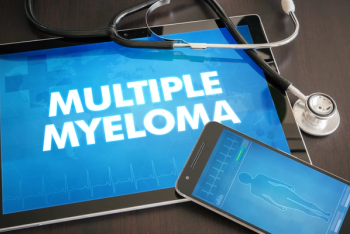
Luciano Costa, MD, PhD, of the University of Alabama at Birmingham, discusses the adverse events experienced by patients with newly diagnosed multiple myeloma who were administered daratumumab, carfilzomib, lenalidomide, and dexamethasone.

